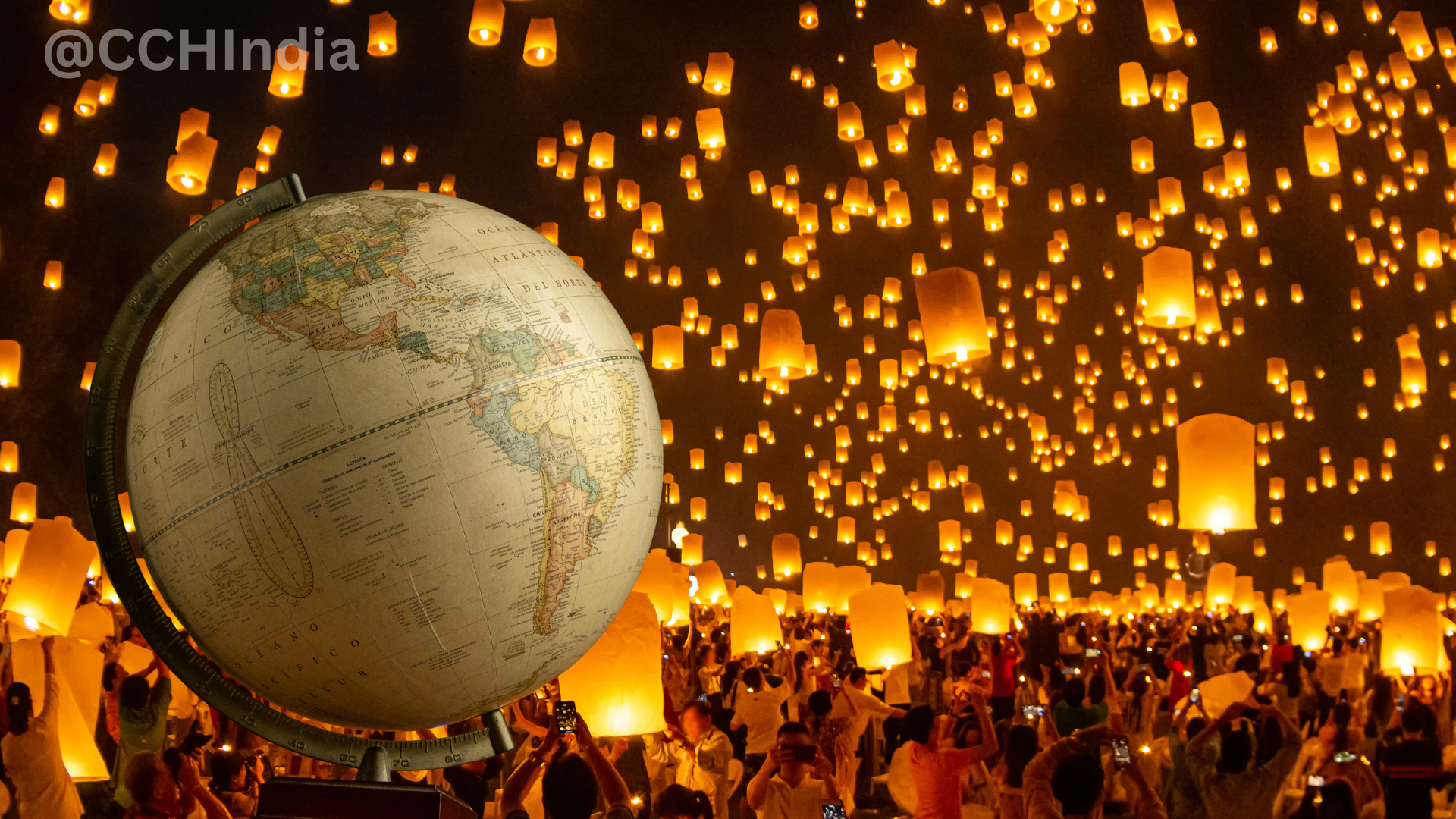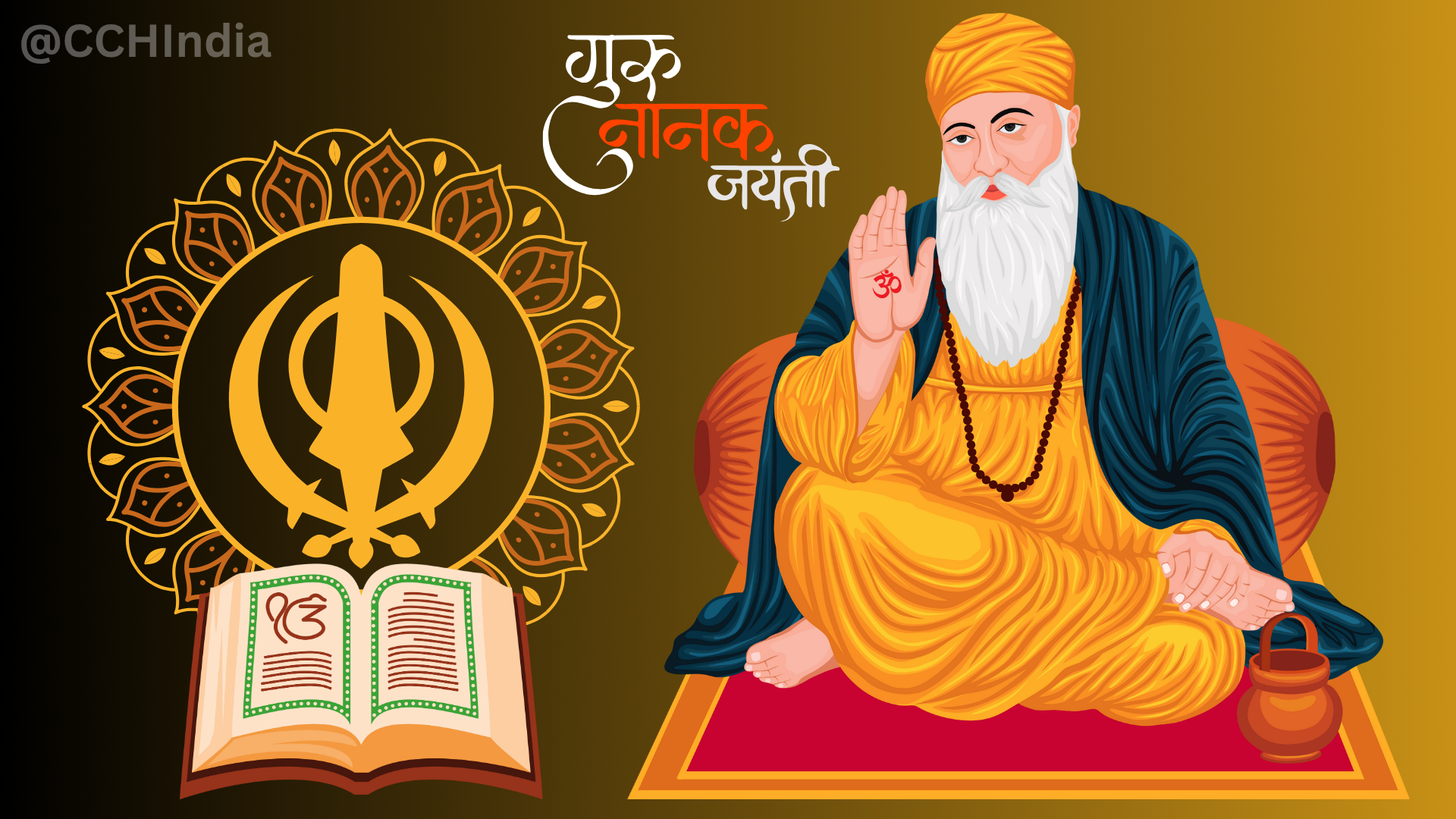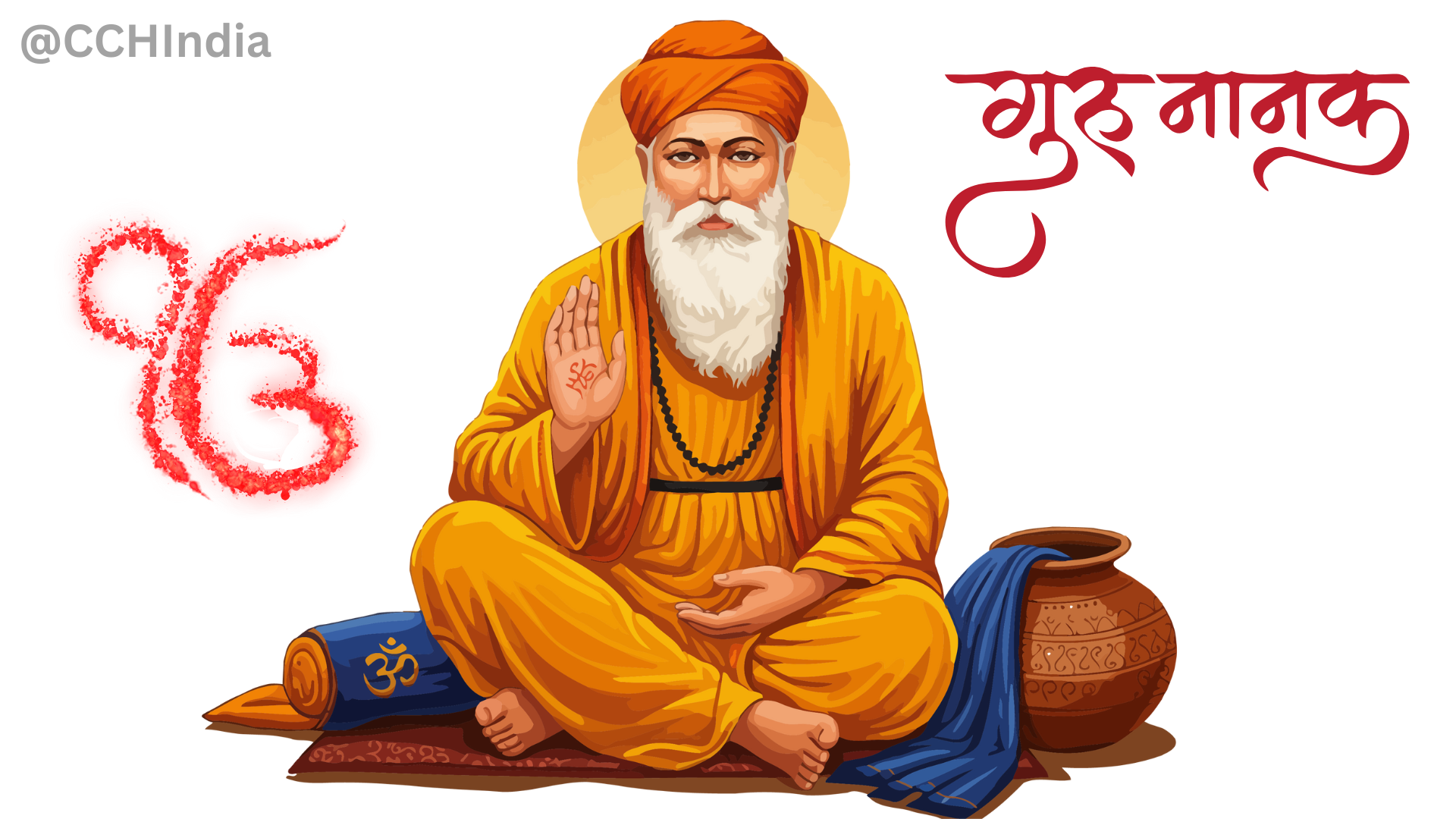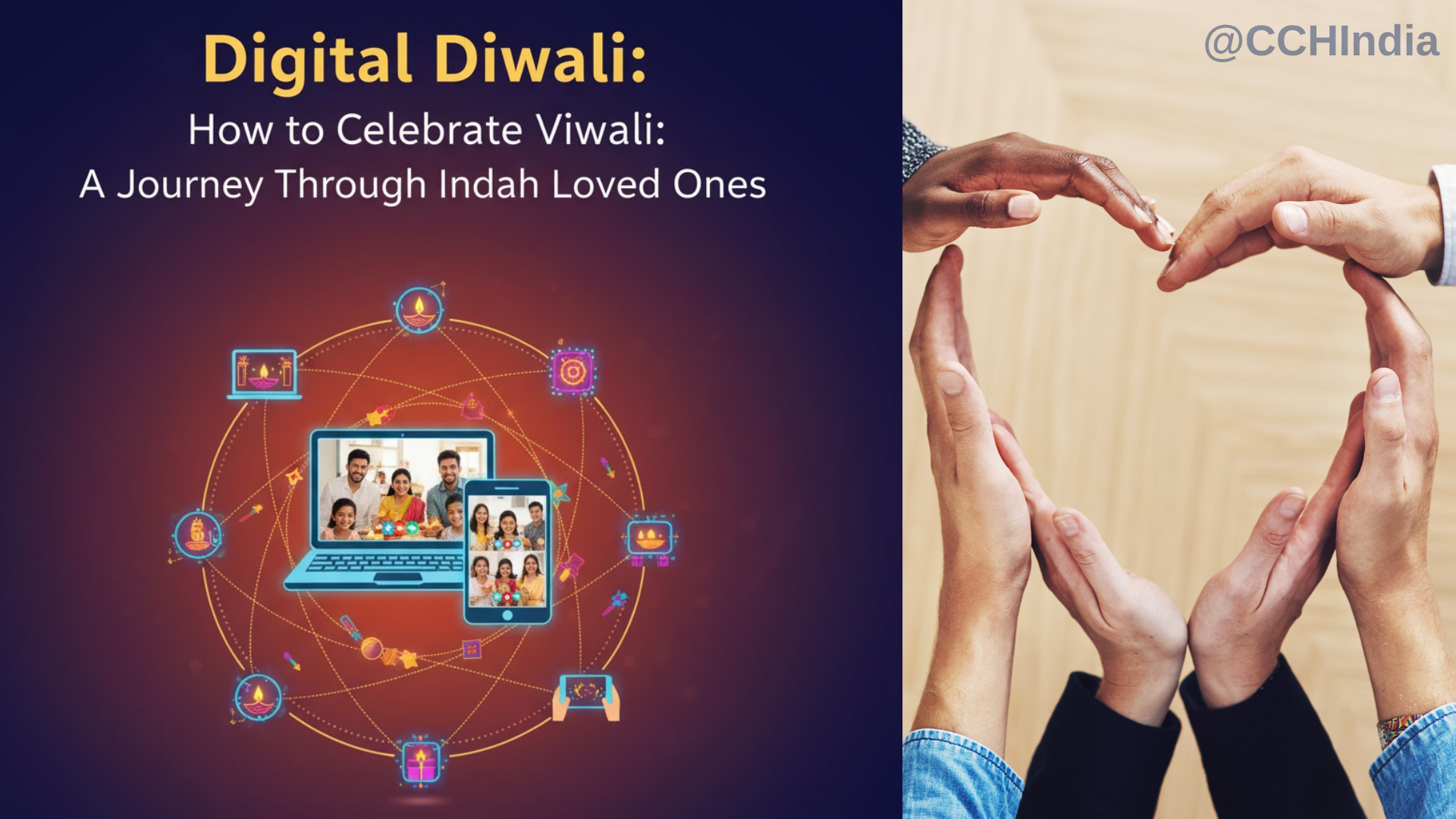Makar Sankranti Essay
Makar Sankranti is a widely observed Indian festival observed throughout the country. The festival of harvest is the name of it. In South India, Pongal is another name for Makar Sankranti, also known as Sankranti. In India, this is a significant Thanksgiving holiday. Makar Sankranti means the flourishing of wealth and a bountiful harvest. People think that if they give thanks to God, they will always be happy, healthy, and successful. Different Indian states have different names for the Makar Sankranti festival. The festival of Sankranti is known as "Khichdi" in Uttar Pradesh. It's known as Lohri in Punjab and Himachal Pradesh. It is called Bhogali Bihu in Assam. In West Bengal and Orissa, it is simply celebrated as Makar Sankranti. In Bihar, Karnataka, and Kerala, it is still referred to as Sankranti. The celebration is known as Uttarayan in Gujarat and Rajasthan.

The Significance And Meaning Of Makar Sankranti
Sankranti is the sun's transition point in the Makar Zodiac, while Makar refers to the zodiac sign of Capricorn. Thus, this celebration marks the sun's entry into Capricorn. It marks the conclusion of the Hindu calendar's unlucky Poush period. On the morning of the festival, Hindus bathe in rivers, preferably the Ganga. The long winter nights shorten after Makar Sankranti. In Uttar Pradesh, Makar Sankranti Kumbh Mela is held once every twelve years. At Triveni Sangam, the confluence of the Yamuna, Ganga, and Saraswati rivers, people go swimming.

Significance of Makar Sankranti Festival Astrologically
The Sun's northern course (Uttarayana) begins at Makara Sankramana. The Sun changes its trajectory at the moment when it enters the sign of Makara, or Capricorn. This is why the festival is called "Makar Sankranti." "Sankranti" means "transition" in Sanskrit. The Hindu almanacks refer to the Sun's northward transition as Uttarayana patha, which the Sun starts on this day. The start of the Tamil month Thai also falls on this day. The day is typically observed on January 14 of each year. The only festival that complies with the Hindu solar calendar is this one. The lunar calendar is used to determine the other festival dates.

In What Ways Do Various Regions of India Celebrate Makar Sankranti?
Different Indian states celebrate Makar Sankranti in different ways. However, the goal of celebration is to disperse prosperity, love, and happiness. Hindus typically offer prayers to the sun god while bathing in sacred rivers like Ganga Sagar. The festival's most widely observed custom is kite flying. On this day, sweets made with sesame seeds, jaggery, fried grammes, dry coconut, and groundnut are some of the commonly prepared foods. various states and their holidays.

Both Andhra Pradesh and Telangana
Here, Makar Sankranti is observed for four days. Women use coloured rice flour, known as Muggu, to draw geometric patterns on the front of their homes.
Bihar
It is called Khichdi or Sakraat in Western Bihar. It's known as Dahi Chura or Til Sakraat in the rest of Bihar. People socialise and eat dahi and poha in these places.
Gujarat
In Gujarat, Makar Sankranti is known as Uttarayan. Here, it is observed on the 14th and 15th of January for two days.
Karnataka
In Karnataka, farmers celebrate Suggi, or harvest festival. This day is known as Ellu Birodhu, when girls wear new clothes and make offerings on a plate to their relatives.
Rajasthan
In Rajasthan, it is a significant festival. To commemorate the occasion, people prepare traditional Rajasthani dishes like pheeni, til-patti, ghevar, kheer, puwa, and til-laddoo.
Uttar Pradesh
On Makar Sankranti, also known as Kicheri, ritual bathing is practiced. For holy bathing, millions of people congregate in Haridwar, Uttarakhand, and Varanasi, Uttar Pradesh.

Joyous Makar Sankranti Festival
In India, Makar Sankranti heralds the end of winter and the start of spring. At the conclusion of the harvest season, this festival is observed, providing farmers with a vacation from their regular tasks. Pooja is performed by farmers to mark the conclusion of the customary harvest. Different parts of India celebrate it in different ways. Over the course of the three to four day celebration, there are unique customs connected to each day. People bathe in holy rivers with the belief that the water will atone for their past transgressions. They pray to the Sun God in hopes of receiving success and wealth in their lives. On Makar Sankranti, people travel from all over the world to attend the renowned Kumbh Mela. People exchange laddus made of til and jaggery to wish each other a happy Makar Sankranti.













